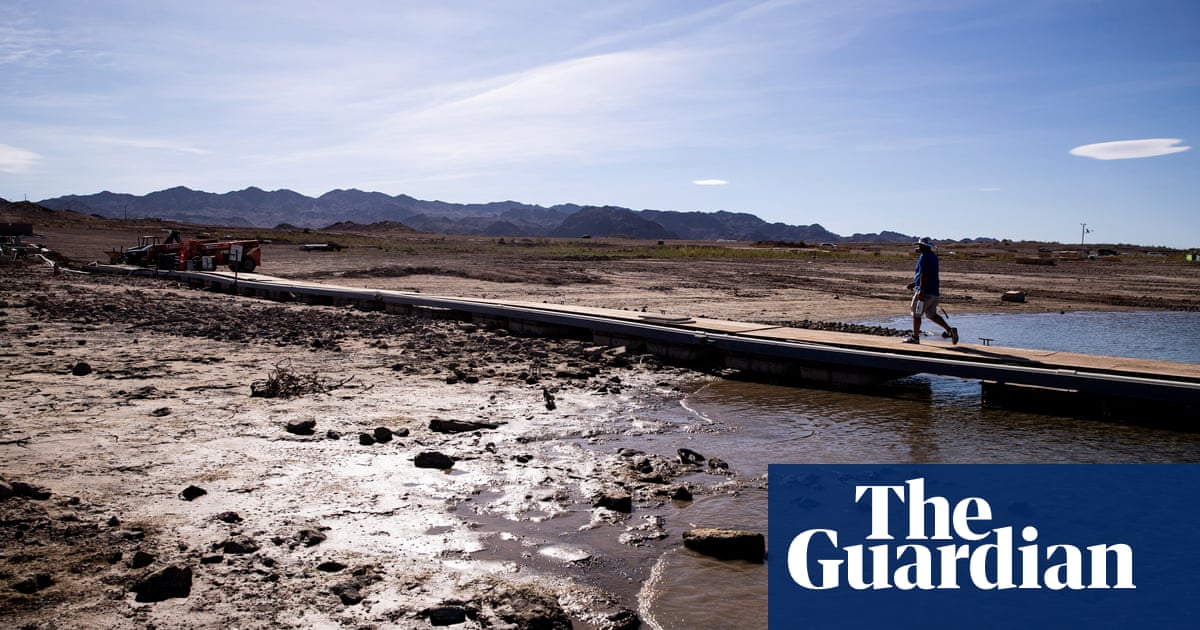
Islamabad, Pakistan: Pakistan immediately needs to think about the water problem in the country. If not treated, Pakistan can be amongst the first five water-scarce countries in the world.
This comes as Pakistan has been ranked among the top most vulnerable countries affected by climate change, according to German Watch Institute.
“Pakistan is particularly afflicted and the immediacy of climate change cannot be stressed any further,” Dawn quoted Rehman as saying on the occasion of World Environment Day.
According to the climate minister, Pakistan had faced the warmest months on record since 1961, with temperatures ranging from 3 to 6 degrees centigrade warmer than normal.
Pakistan had a harsh and lengthy heatwave, the longest one in the country’s history.
“Pakistan must act to save its resources as much as possible. We must work at home to conserve our water, and stop polluting the sea, the air and our soil,” Rehman said, adding that “90 per cent of our plastics, plastic bags, single-use plastic bottles are ending up in our seas and rivers, which are being consumed by the fish and marine life we eat”.
She stressed that Pakistani youth were instrumental in carrying out critical climate action and were paramount to changing the future for all.
“It becomes clearer every day that the world is on an unsustainable trajectory. The UN acknowledges it, as does the UNEP in recognising the triple threat of climate change to human health and prosperity,” the Pakistani minister was quoted as saying by Dawn.
“We have the human right to a healthy environment, a world where we breathe a little easier, but with continuous assault on our Earth by big corporations and rich countries, there is no stopping the temperature rise,” she added.
According to the details released by the Indus River System Authority (IRSA), the water crisis has broken a 22-year record in Pakistan as the provinces face a 50 per cent shortage of water and there is 97 per cent water scarcity in reservoirs.
A total of 56 per cent less water is coming to the rivers due to extremely low temperatures in the northern part of the country, the IRSA said while describing the current water situation as worrisome.






